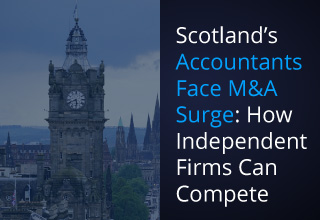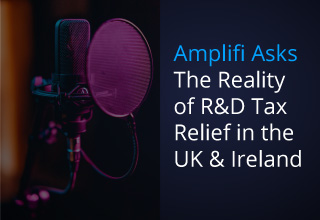In Budget 2021 the Chancellor announced a range of measures and initiatives that aim to achieve the Government‘s overarching aim to support the recovery of the economy and all its stakeholders. We’ve reviewed and outlined below exactly how Budget 2021 will affect R&D tax credits and the businesses that utilise this incentive.
Preventing Abuse of R&D Tax Relief
Initially announced in Budget 2018, and delayed last year, on the 1st April 2021 the payable amount (loss surrender) of R&D tax credits a company can receive in one year will be capped at £20,000, plus three times the companies total PAYE and National Insurance Contribution Liability. This will only be applied to full accounting periods after 1st April 2021 and not those that straddle this date.
Affected Businesses: Loss-making SMEs who want to get cashback on a claim value over £20,000 (this will not affect those loss-making SMEs who want to carry forward their losses).
Effective From: 1st April 2021
Temporary Extension To Carry Back Trading Losses For Corporation Tax and Income
A new, temporary legislation will be introduced in Finance Bill 2021 that will extend the length of time trading losses can be carried back against profits from one year to three years. This will apply to trading losses made between 1st April 2020 and 31st March 2022 for incorporated companies, and 2020-21 and 2021-22 for unincorporated entities.
An R&D claim benefit can be used to carry back against historical profit and so obtaining a rebate against historical Corporation Tax paid.
Affected Businesses: All loss making companies who historically made profits.
Effective From: 1st April 2020 for incorporated businesses and 2020-21 for unincorporated entities.
R&D Tax Reliefs Consultation – Includes Bringing Data and Cloud Computing Into The Incentive
To ensure R&D tax credits remain up-to-date, competitive and well-targeted, Budget 2021 announced a review of the incentive, which will include a wide ranging consultation with stakeholders on the current R&D tax relief scheme, including whether, and how far data and cloud computing costs will be brought into the scope of the reliefs.
Affected Businesses: Companies and unincorporated associations utilising data and cloud computing costs in their qualifying innovations.
Timing: The consultation closes on the 2nd of June 2021, we will update you on any changes to the scheme if and when they are announced.
Change to Corporation Tax Charge and Rates
On 1st April 2023, the Corporation Tax main rate for non-ring fenced profits over £250,000 will be increased to 25%. A new small profits rate of 19% has also been introduced for companies with profits of £50,000 or less. Companies with profits between £50,000 and £250,000 will pay tax at the main rate reduced by a marginal relief providing a gradual increase in the effective Corporation Tax rate.
Businesses could reduce the effect of this new CT rate by investing in innovation and receiving a reduction in the amount of Corporation Tax they have to pay with any qualifying R&D activity.
Affected Businesses: Companies and unincorporated associations that pay Corporation Tax.
Effective From: 1st April 2023
130% Super-Deduction
To stimulate business investment in ‘productivity-enhancing plant and machinery assets’, the Government is temporarily introducing increased reliefs for expenditure on new plant and machinery assets. Any qualifying expenditure for a two year period, starting from the 1st April 2021 up to, and including 31st March 2023 could benefit from either:
- A 130% super-deduction in capital allowances on most new plant and machinery investments.
- A 50% first year allowance on most new plant and machinery investments that ordinarily qualify as special rate assets.
Affected Businesses: Profit making incorporated businesses that invest in plant and machinery
Effective From: 1st April 2021 up to and including 31st March 2023






